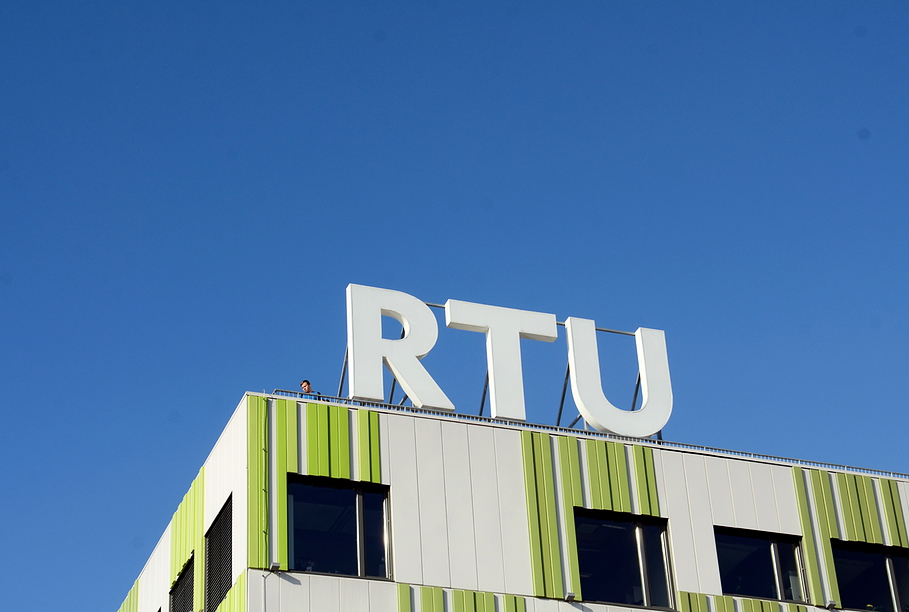QS is one of the leading university ratings companies in the world. Only the University of Latvia has made its top university list, scoring as the best 701-800th university in the world. QS also offers a paid in-depth evaluation system which gives 'star ratings' to universities, and the Riga Technical University paid to receive its own for the first time this year.
"There are several criteria, a total of eight groups of criteria. The Riga Technical University received the highest maximum rating in six categories out of eight in the scoring system [..]," said Juris Iljins from the university's International Department.
The university was set back by a low two-star rating in research, where the University of Latvia scored at a higher three stars. Rector of the Riga Technical University Leonīds Ribickis said that the small number of publications didn't allow the university to receive a higher star rating.
"If Latvia is a land where scientific research has the smallest funding in Europe, then our publication numbers will never be higher than that of universities in Estonia, not to talk about Sweden, Denmark, Finland or Germany where the funding is ten times larger than in Latvia," he said.
Andrejs Rauhvargers, the head of the Higher Education Quality Agency, has researched university ratings for several years and is equivocal about the rating system. He thinks that the ratings can make the universities more recognized, but on the other hand it's a business at the edge of being fair.
"I myself suggested Latvian University at some time to do that [to pay for the ratings], however - and I pray to God it isn't so - it is of course a business for the raters. And of course if they evaluate you so that you have not a single star, and you have paid a lot of money, you probably won't return next year. It seems there's a conflict of interest, however not on the side of the universities but on the side of those offering it," said Rauhvargers.
He said that ratings are practically based on publications in journals tied to the rating companies so they should be considered carefully.
The QS star ratings don't guarantee higher ratings in the QS top university list, so the Riga Stradins University has eschewed the star ratings altogether.





























